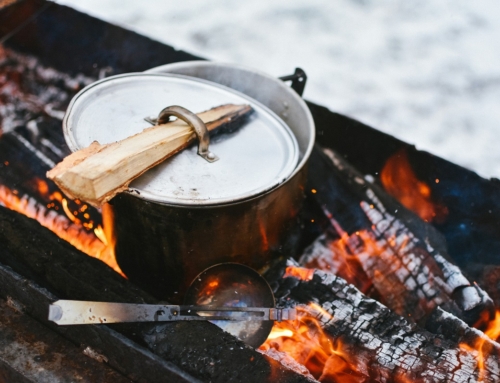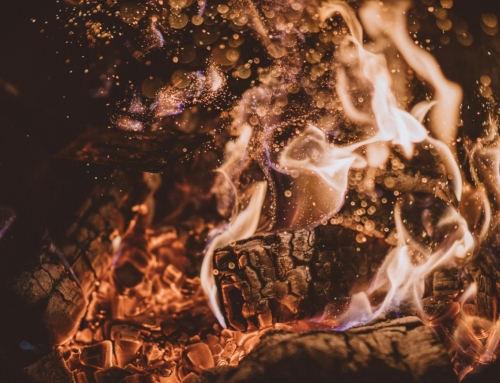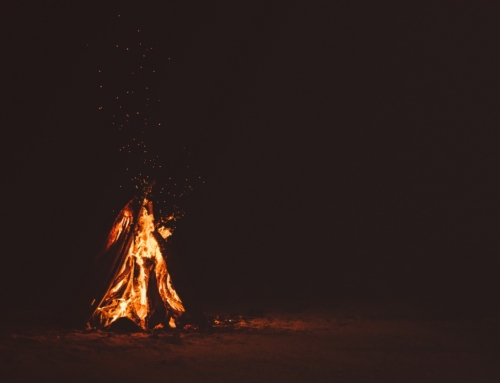Fire has been significant in shaping human civilization, technological advancements and cultural beliefs. It has provided humans with a means of cooking, warmth and shelter, protection and defense, as well as communication and signaling to name but a few. However, its is well known how destructive fire can be. It can quickly rage out of control and cause devastation to lives, property and the environment, as we are sadly seeing unfold in Europe at the moment. Fire outbreaks in the environment can be less predictable due to various triggers, however in our own home environments there are lots of simple fire safety practices we can integrate. Safe fire practice means we can still reap the benefits of fire whilst ensuring the safety of our families and communities.
Here are some crucial tips on fire safety that are important to integrate into our home lives. Although some of the information may seem obvious, don’t let it diminish the importance of implementing it:
- Ensure that smoke alarms are installed on every level of your home and near sleeping areas. Make sure to test them regularly and replace the batteries at least once a year.
- Develop a fire escape plan for your family and practice it regularly. Identify multiple exits from each room, establish a meeting point outside, and ensure that everyone knows how to escape in case of a fire.
- Regularly inspect electrical cords, plugs, and appliances for any signs of damage. Avoid overloading electrical outlets, and unplug appliances when not in use.
- Keep flammable materials such as curtains, furniture, and paper away from heat sources like stoves, heaters, and candles.
- Use candles in sturdy candle holders, place them on a flat, heat-resistant surface, and keep them away from flammable objects. Never leave candles unattended.
- Never leave cooking unattended, and keep flammable items away from the stovetop. Use a timer as a reminder when cooking if you are likely to get distracted.
- Have fire extinguishers in easily accessible locations in your home, especially in the kitchen and garage. Ensure everyone knows how to use them correctly.
- If you have a fireplace, bonfire, or use a portable fire pit, always supervise the flames and ensure they are fully extinguished before leaving the area.
- Teach children the “stop, drop, and roll” technique in case their clothes catch fire. Practice this technique regularly to make it a habit.
- Before going to bed, close all doors inside your home, as closed doors can slow down the spread of smoke and fire, providing additional time to escape.
- Teach children about fire safety from an early age. Emphasize the importance of not playing with matches, lighters, or other fire-related items.
- Inspect heating systems and chimneys annually, and have them professionally cleaned and maintained.
This is by no means an exhaustive list, so it is important to keep your self regularly informed on the best fire safety practices for your circumstances.








